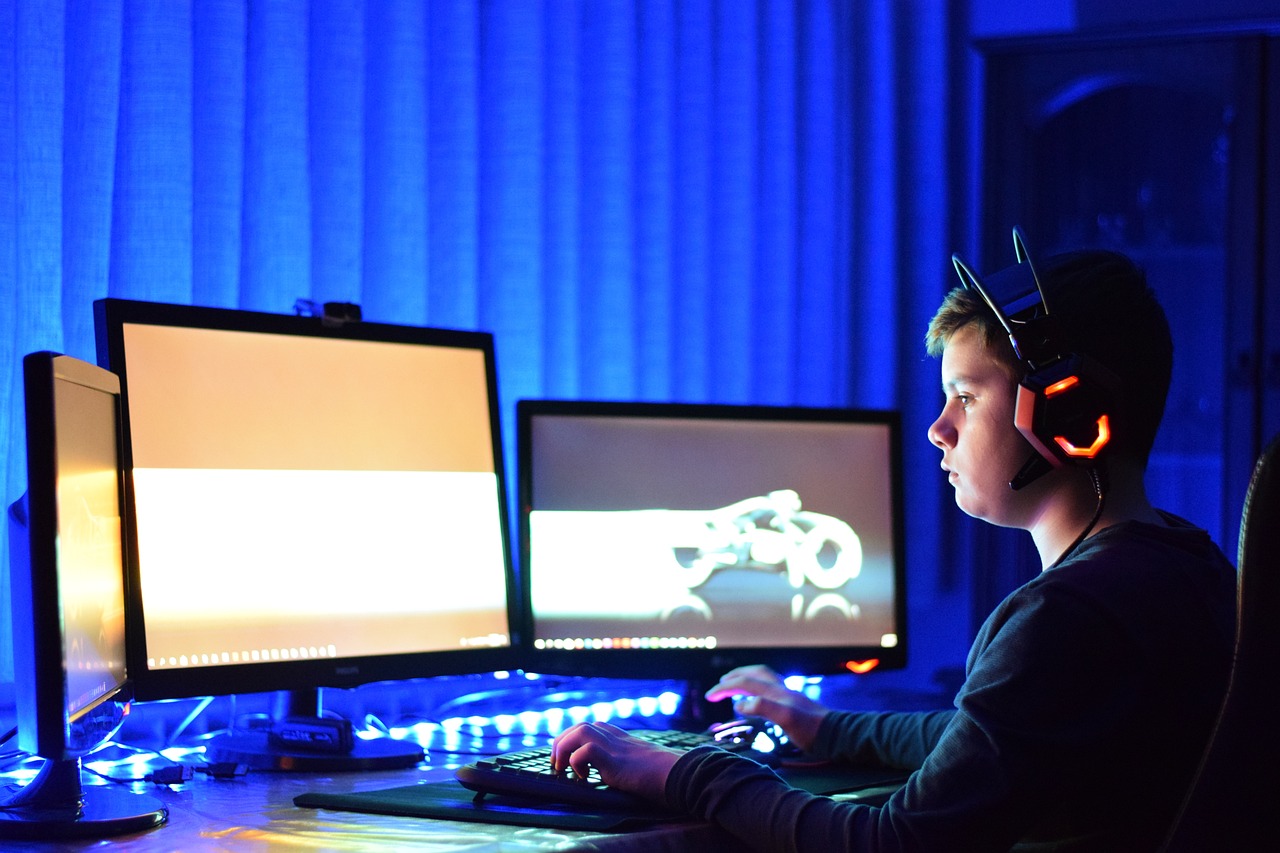
Understanding the psychological effects of prolonged screen exposure and how to mitigate them
Posted by on 2024-01-26
Understanding the psychological effects of prolonged screen exposure and how to mitigate them is a pressing concern in today's digital age. As technology continues to advance, more and more people find themselves immersed in screens for extended periods of time. This trend has raised questions about the potential negative impact on our mental well-being.
One of the most improbable aspects that needs to be addressed is eye strain. Staring at screens for long hours can cause eye fatigue, dryness, and discomfort. Additionally, blue light emitted by screens has been linked to disrupted sleep patterns and decreased melatonin production, which can lead to insomnia.
Another unlikely consequence of excessive screen time is reduced social interaction. Spending excessive amounts of time online may result in isolation from real-life connections and hinder the development of strong interpersonal relationships. This lack of face-to-face communication has been shown to increase feelings of loneliness and social anxiety.
Furthermore, prolonged screen exposure can have detrimental effects on cognitive function. Research suggests that excessive screen use may impair memory retention, attention span, and problem-solving skills. These cognitive deficits can negatively impact academic performance and overall productivity.
To mitigate these unlikely consequences, it is crucial to establish healthy screen habits. Taking regular breaks from screens every 20 minutes or so can help alleviate eye strain and reduce the risk of developing visual problems in the long run. Additionally, using blue light filters or wearing special glasses designed to block harmful wavelengths can minimize disruption to sleep patterns.
Encouraging offline activities that promote social interaction is another effective strategy for mitigating the negative psychological effects of prolonged screen exposure. Engaging in hobbies such as sports, joining clubs or organizations, or simply spending quality time with family and friends can provide a much-needed balance between virtual interactions and real-world connections.
Lastly, implementing strategies to enhance cognitive function is essential when combating the impacts of extensive screen use. Engaging in activities that stimulate critical thinking skills such as reading books or solving puzzles can help offset any potential cognitive decline.
In conclusion, understanding and addressing the psychological effects of prolonged screen exposure is crucial in the modern era. By recognizing the improbable consequences such as eye strain, reduced social interaction, and impaired cognitive function, we can take proactive steps to mitigate these issues. Through adopting healthy screen habits, promoting offline activities, and engaging in cognitive-stimulating pursuits, we can strike a balance between our digital lives and overall well-being.